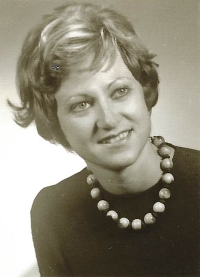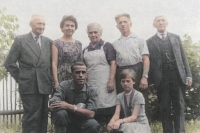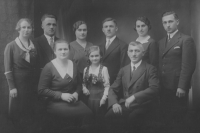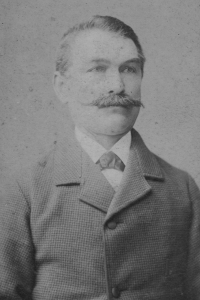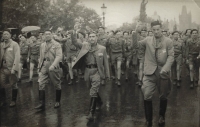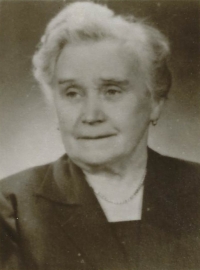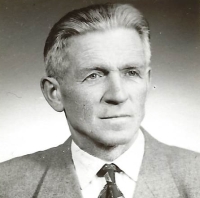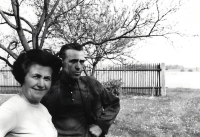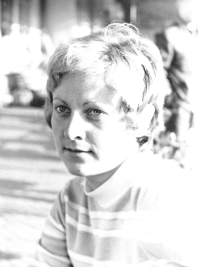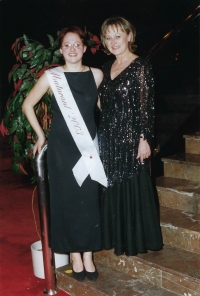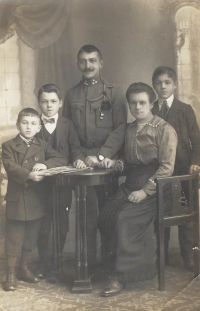Mom was standing at the window and said she heard tanks. We thought it was combine harvesters

Stáhnout obrázek
Helena Svobodová was born on 5 February 1951 in the border town of Hrádek nad Nisou, on the Czech-German-Polish tri-border. Her dad Ladislav Řežáb came from Jílovice in southern Bohemia and spent the entire Second World War in forced labour in Germany and Austria. Towards the end of the war, in 1945, he escaped from Linz in Austria and came to Hrádek nad Nisou to visit his family. Her mother Margit Řežábová came from this town, her Czech-German family lived there for several generations. After the Second World War and the forced removal of the German population, a heavily guarded state border was established between Czechoslovakia and the German Democratic Republic, the importance of which diminished slightly after the completion of the Berlin Wall in 1961. However, the border with Poland remained militarily guarded until 1989. Helena Svobodová graduated from the Secondary School of Industry in Liberec and worked in the Vulkan rubber factory in Hradec, in the LIAZ car factory in Liberec and as a teacher at a boarding school. At the age of seventeen, she lived through the arrival of the Warsaw Pact armies in her hometown during the invasion of Czechoslovakia on 21 August 1968. At the time of the interview in 2023, she was living in Hrádek nad Nisou. We were able to film the witness thanks to support from the town of Hrádek nad Nisou.
